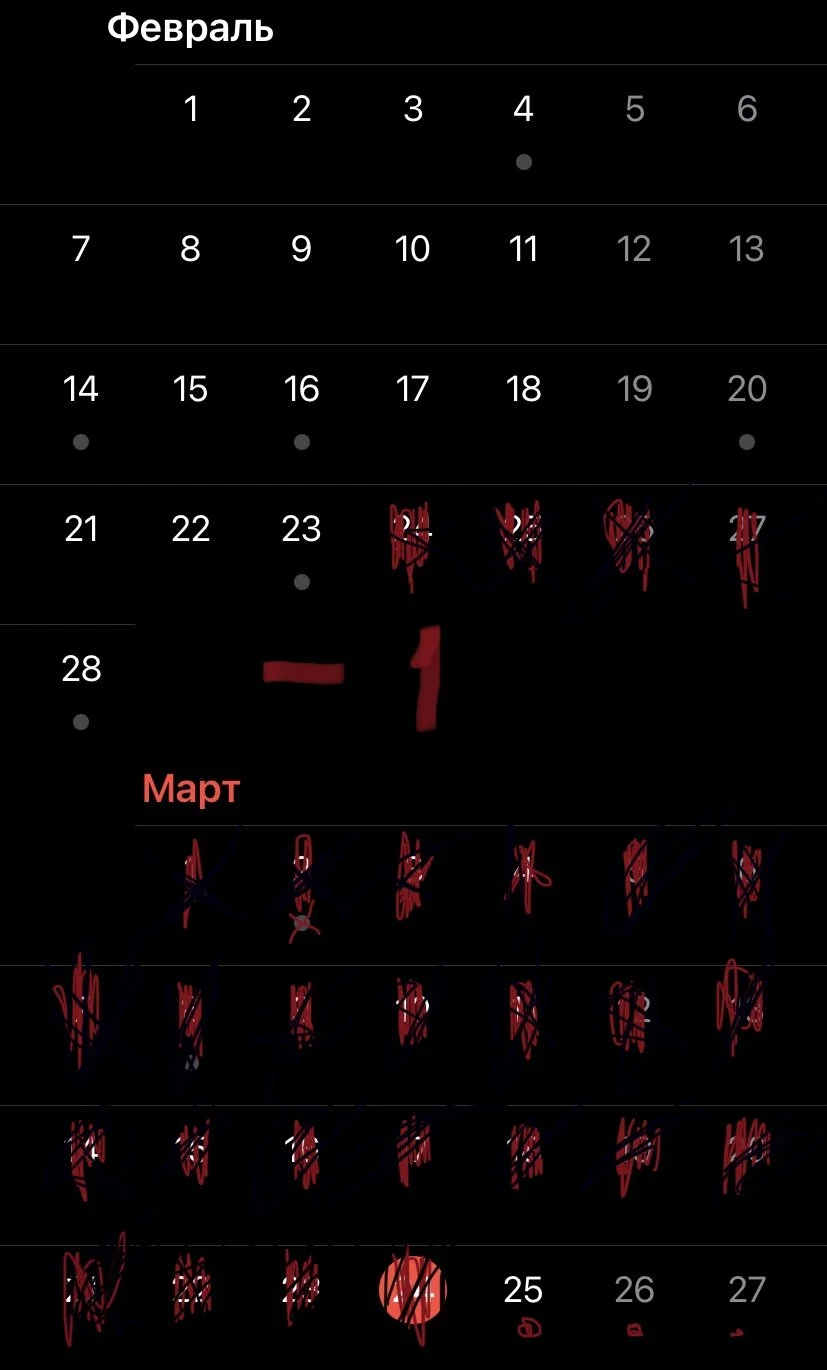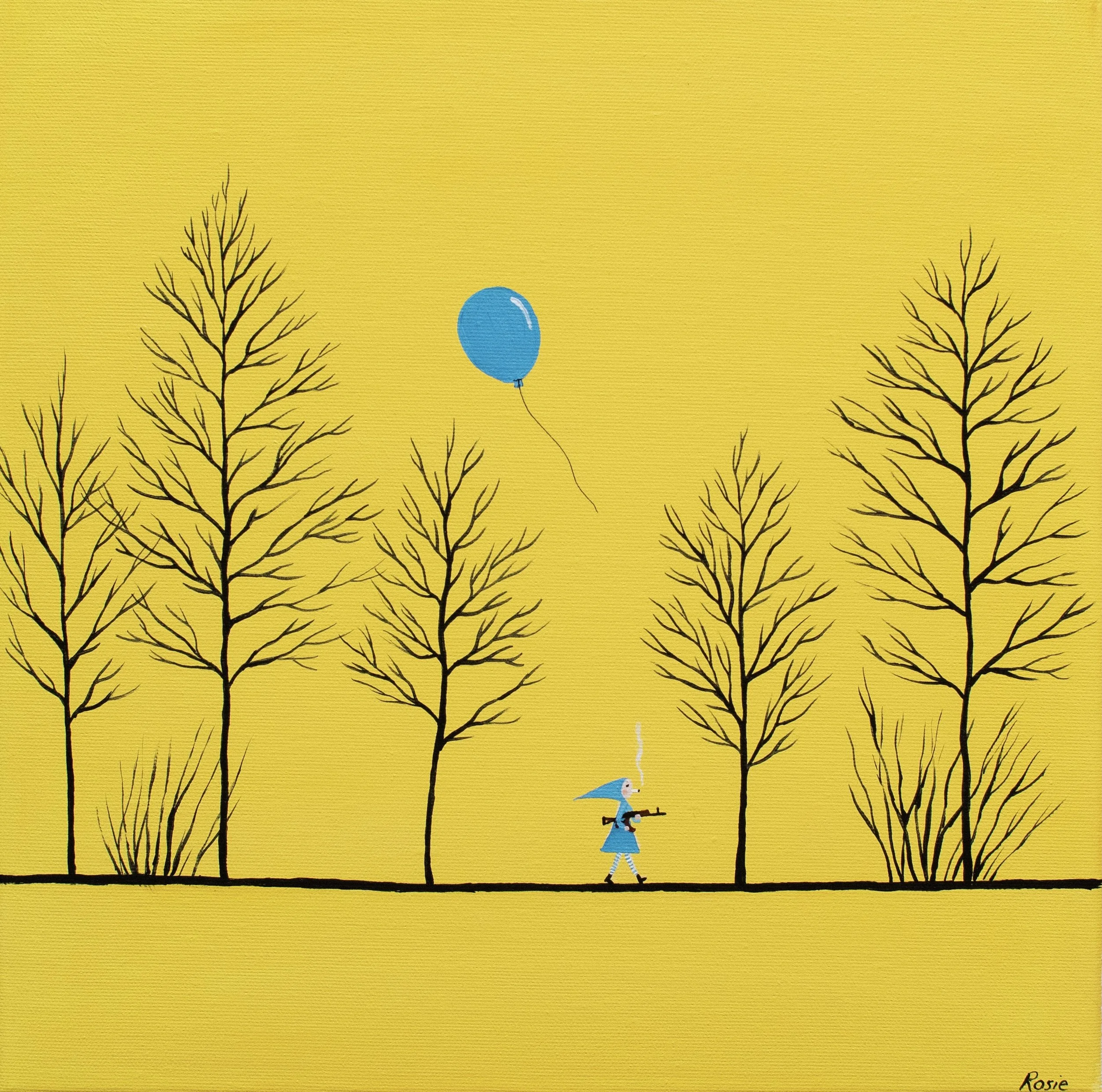The Russian independent cultural sector and the war in Ukraine
We share how we can support Ukraine, consider the dangers of cultural isolation, acknowledge the power of creative resistance, and commit to maintaining dialogue with the Russian independent sector, starting with our survey
Putin and his administration are leading an illegal, unjustifiable and barbaric war against Ukraine. In the first days of the war, we saw people standing up for Russians - that this was not the war of the Russian people. Now, those beyond the Duma and Putin’s inner circle are being held accountable. But contrary to intentions, the cancelling of Russian culture has seemingly strengthened Putin’s isolationist narrative, and it has the potential to increase anti-West sentiments (see, for example, pianist Alexander Melnikov in the Financial Times, 12 March 2022).
…how broadly to punish Russian cultural figures in response to the war in Ukraine is a topic of debate around the world. Some have called for Russia’s total isolation, while others argue that blanket bans on all Russian entries at film festivals, for example, go too far. New York Times, 3 March 2022
In parallel, there are increasingly frequent calls for a rethink of Russia’s cultural dominance, in particular its appropriation of culture and heritage from post-Soviet countries. The whole way we think about Russian art and culture must be reframed through a post-imperial lens. We support this wholeheartedly. At the same time, however, we need to be in contact with Russian creatives, academics and cultural workers in Russia or abroad to be able to have this much-needed conversation.
More recently, more nuanced positions and programmes are being launched to support independent, dissident or opposition Russian artists, and European governments and institutes are advocating the need for continued connections with Russian creatives.
It is important and advisable to maintain good contacts with independent journalists and artists inside the Russian Federation and Belarus or based outside of their respective countries. Dutch Culture
They feel, like we do, the need to maintain dialogue and relationships with those who are megaphones for change in a country where, despite fear of jail sentences, ostracization and retribution, they still share their voices and creations, albeit in a different way and on different platforms, and increasingly, from a different location.
Since 2017, ArtyGeneration has been profiling the independent cultural innovators and creators bringing fresh perspectives into Russian society. We at ArtyGeneration (Marine - French; Nicole - Irish, based in the Netherlands; Daria - Russian, based in the Netherlands) have had to acknowledge that our position against the Russian war in Ukraine is not shared by everyone in our networks. We wanted to test our assumptions about Russian cultural sector perceptions of the war as objectively as possible to get a fuller picture.
Better understanding voices in the Russian independent sector does not mean that we stop thinking about what is happening in Ukraine. We continue our support: our support for those fleeing, our donations and our advocacy where our voices have power. Yet the longer this war goes on, we more strongly than ever believe that we need to act on all sides to stop the war in Ukraine.
The research plan
In early March 2022, we decided to launch a small qualitative survey of the Russian independent sector to learn more about the effects of the war on international cultural collaboration, the risks for the (dissenting) independent Russian creative sector, and how Russian artists and creatives view the war in Ukraine.
The survey questions were reviewed by a number of external peers (both Russian and from the European Union). We took the decision to only share the survey with our private network through private channels (e.g. Telegram and Facebook messenger) and aim for a ‘snowball’ effect where others would share the survey with their networks. We also shared it with some groups. The survey remained open for two weeks and we received 23 initial responses, which included rich text responses and image files. Most interesting perhaps were the responses we received from those in our networks even when they declined to complete it. We know that there are limitations to our research, but sharing your views helps us to make it stronger.
When will we share what we learn?
Over a series of articles, we’ll share with you what we learned from the research and the artworks or creative expression by Russian creatives against the war, published anonymously. We’ll continue to update our resources section with support that is being made available for Ukrainian and Russian anti-war creatives.
Most importantly, we dedicate ourselves to raising funds for the Ukrainian arts and cultural sector. First up, donate to the Ukrainian Emergency Art Fund as it supports Ukraine’s independent artists, curators and cultural workers.
Image by Ružena Babicová and sourced from Creatives for Ukraine.
Lead image submitted anonymously through our survey of the Russian independent cultural sector.




